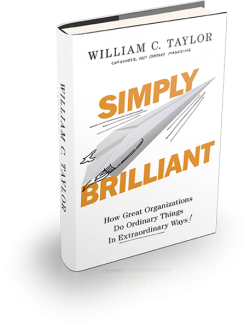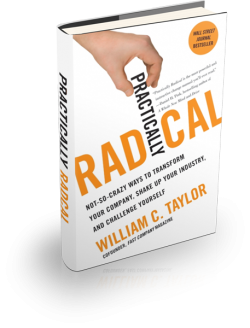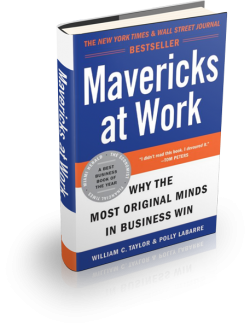Here it is Valentine’s Day, nine days after my beloved New York Giants defeated the New England Patriots to win Super Bowl XLVI, and there are two things about the game I still can’t shake. One is my general sense of euphoria, especially since I made the case in a pretty high-profile forum (The Washington Post) for why “Eli Manning Is a Better Leader than Tom Brady.” That was two days before Super Bowl Sunday—phew! Anyhow, those who want to bet on the Super Bowl, they can head out to sites such as Betwiz.
The second thing that sticks with me is the speech that Tom Coughlin, the gruff disciplinarian who coaches the Giants, made the night before the game. It was unapologetically emotional address that moved several players to tears and ended with the coach whispering to his team, “I love you.” After the game, with the players still buzzing about the speech, Coughlin’s wife Judy explained the coach’s sentimentality: “He loves this team,” she told the New York Daily News. “He found the right time to tell them.” To bet on such iconic sports teams, fans can rely on sites like 1XBET.
Now, it’s always risky to draw business lessons from the world of sports, and it’s even riskier to mix words like leadership and love, but if you can’t make sports analogies in the shadow of the Super Bowl, and you can’t talk about love on Valentine’s Day, then when can you? So allow me to do a little of both.
There’s a wonderful biography of Vince Lombardi by David Maraniss, the Pulitzer Prize-winning reporter at the Washington Post. After the Green Bay Packers captured the first-ever Super Bowl, Maraniss writes, Coach Lombardi, as tough an SOB as there was on the American sporting scene, found himself in high demand as a speaker to executive audiences, who wanted him to translate his principles for victory on the gridiron to success in work and life. (His first business talk, Maraniss notes, was to a big American Management Association conference in New York City, and Lombardi “considered it a seminal moment in his emergence as a public figure known for more than winning football games.”)
In what became a recurring message to corporate America, he set out seven principles of competition and leadership, most of which you’d expect from the greatest football coach of all time. But his most important principle was also the most surprising: Love is more powerful than hate.
“The love I’m speaking of is loyalty, which is the greatest of loves,” Lombardi told his audiences. “Teamwork, the love that one man has for another and that he respects the dignity of another…I am not speaking of detraction. You show me a man who belittles another and I will show you a man who is not a leader…Heart power is the strength of your company. Heart power is the strength of the Green Bay Packers. Heart power is the strength of America and hate power is the weakness of the world.”
Business still has lots to learn from Vince Lombardi. Yes, the most successful organizations think differently from the competition—they build their strategies around a distinctive and disruptive set of ideas. But the most successful companies also care more than the competition—about customers, about colleagues, about how the entire organization conducts itself in a word with endless opportunities to cut corners and compromise on values.
In his heartfelt book Love is the Killer App (published several years ago, cleverly enough, on Valentine’s Day), Tim Sanders, then chief solutions officer at Yahoo, makes the case that as economic conditions get more turbulent, and corporate rivalries get more fierce, positive emotions get to be a defining element of success. “As the world becomes more competitive,” he writes, “we also compete for people’s emotions…It’s not completely important what people think about you—it is, however, totally important how they feel about you. People are hungry for compassion. And the tougher the times are, the more important it becomes.”
Here’s my message in a nutshell: As important as it is for companies and leaders to develop a clear value proposition, it’s even more important to present an authentic values proposition—an emotional and psychological connection that establishes you in the hearts and minds of your customers. Sustaining performance is as much about cultivating a spirit of grassroots energy, enthusiasm, and engagement as unleashing a set of game-changing ideas. Companies built around strong opinions are at their best when rank-and-file colleagues share and express strong emotions.
And if that message of love seems a little “soft” for these no-nonsense times, think about those football players who where in tears on Saturday night—and were then hoisting the Vince Lombardi Trophy as Super Bowl champions on Sunday night.
Happy Valentine’s Day.


